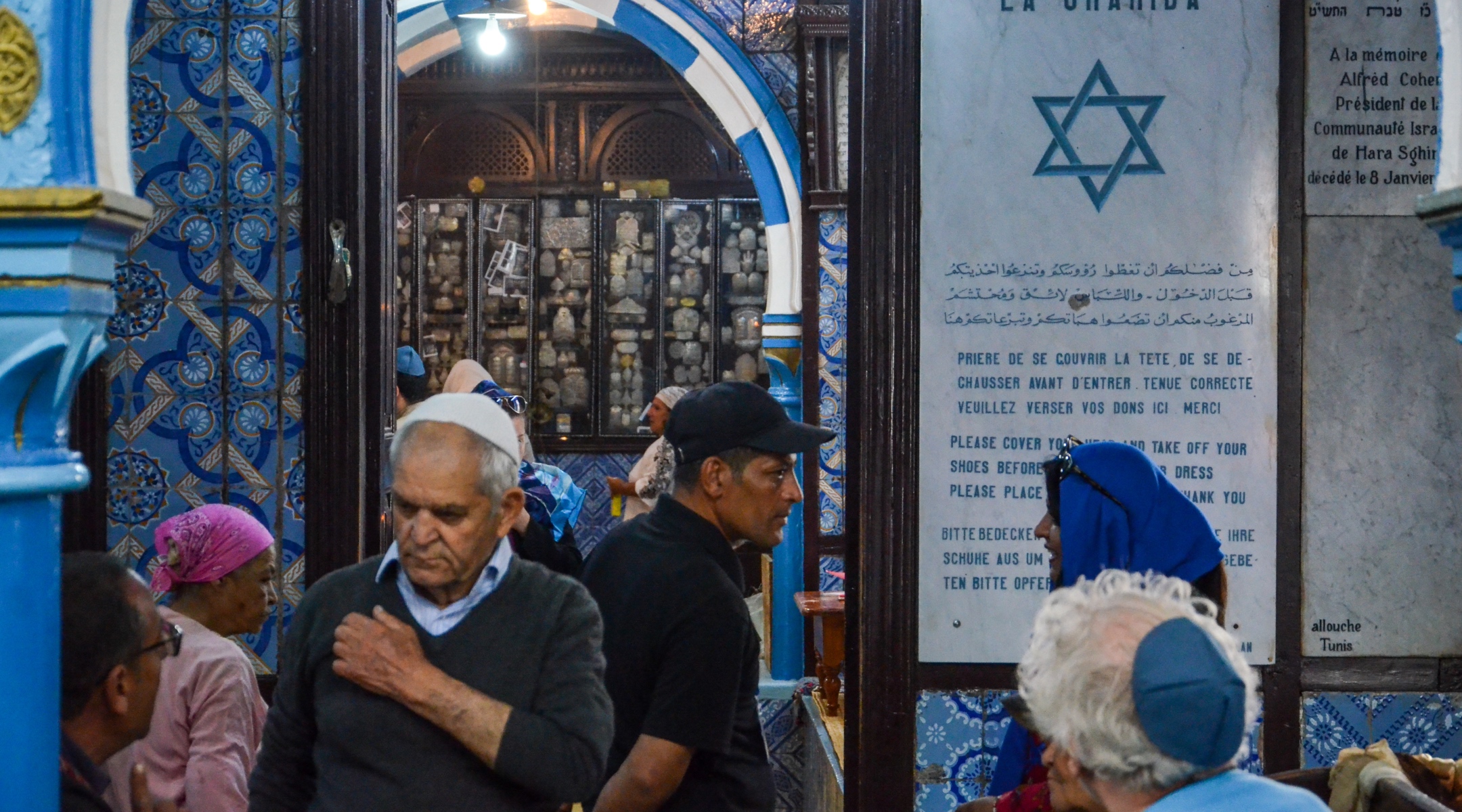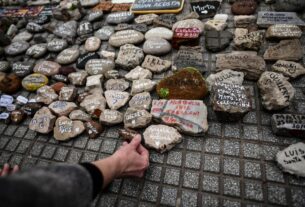(JR) — A gunman killed five people in an attack on an ancient synagogue in Tunisia, during an annual pilgrimage that attracts thousands of Jews and is seen as a rare instance of Jewish partnership with an Arab nation.
Two of the dead were Jewish cousins who had traveled to Djerba from France and Israel for festivities at El Ghriba synagogue; Aviel Hadad, 30, was a Tunisian citizen living in Netivot, Israel, and Benjamin Haddad, 42, lived in France. The three other dead were Tunisian security officials, according to Tunisia’s foreign ministry.
The gunman was also a Tunisian security guard who was killed by security officials, according to Tunisia’s TAP news agency, which said a number of other people were wounded, some seriously.
The attack took place at the end of an evening of festivities at El Ghriba, a site of Jewish worship dating back 2,500 years that is also a central attraction of the pilgrimage taking place each year on or around Lag b’Omer, a break during the 49 days of mourning between Passover and Shavuot.
The pilgrimage mostly attracts people with ties to Tunisia’s historic Jewish community but this year launched the day before the attack in a ceremony attended by Deborah Lipstadt, the U.S. envoy monitoring antisemitism, alongside U.S. ambassador to Tunisia Joey Hood and Tunisian officials.
“I am sickened and heartbroken by the lethal, antisemitic attack targeting the Ghriba synagogue in Djerba during the Lag B’Omer celebrations, with thousands of Jewish pilgrims in attendance,” Lipstadt said on Twitter.
The pilgrimage has grown substantially in recent years, after trepidation following an attack on El Ghriba by an Al-Qaeda in 2002 that killed 21 people and a suspension a decade ago amid security concerns. The Tunisian government invested in the pilgrimage, billing it as a symbol of the country’s tolerance, and provided intense security.
Now, the revelation that one of those security officers appears to have orchestrated an attack on the Jewish pilgrims has undercut those efforts.
“I think it’s a death blow, at least for the foreseeable future, to a beautiful tradition and pilgrimage, and it is causing palpable pain,” Avi Chana, a French-Israeli Jew who was born in Tunisia and has participated in the pilgrimage, told the Times of Israel. “This is dealing the pilgrimage a mortal blow.”
About 1,000 Jews are estimated to live in Tunisia, one of the only continual Jewish communities in the Arab world. Most of Tunisia’s Jewish population, estimated at over 100,000 prior to 1948, left the country for Israel or France by 1970.




